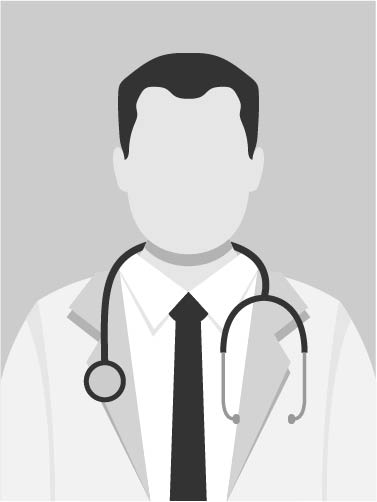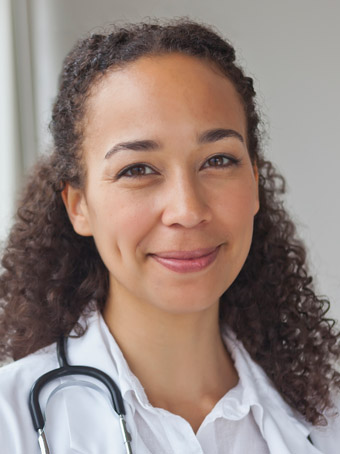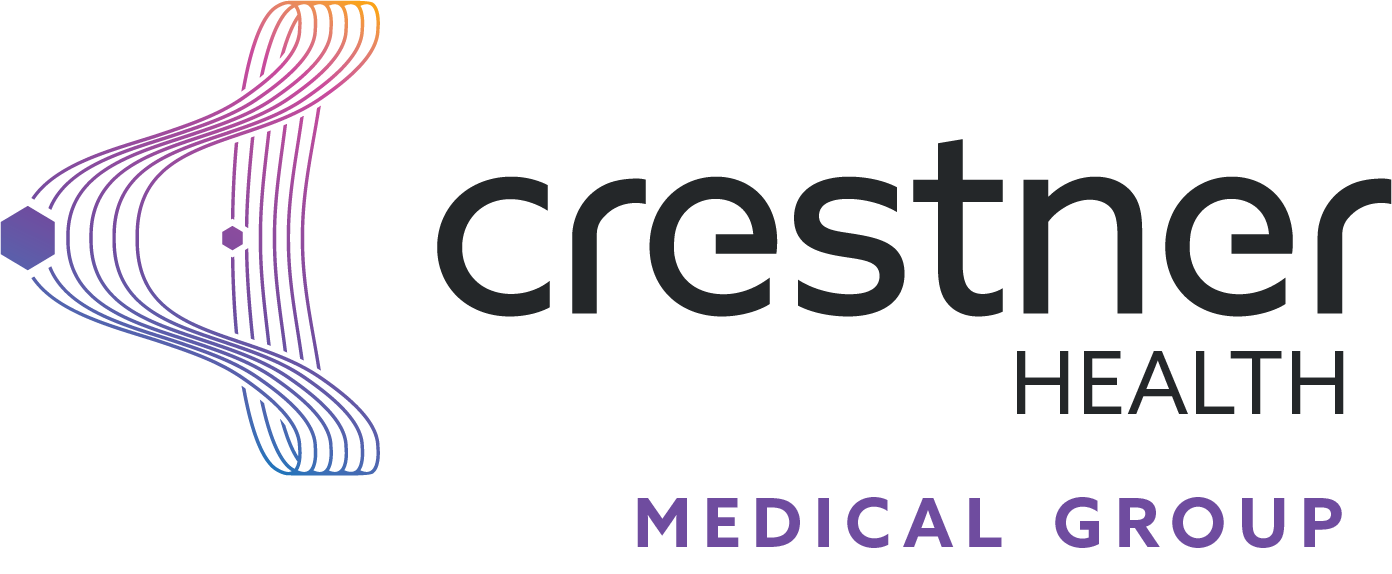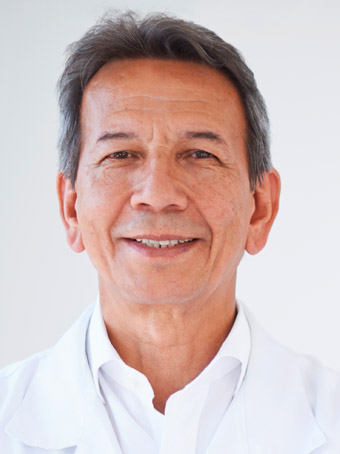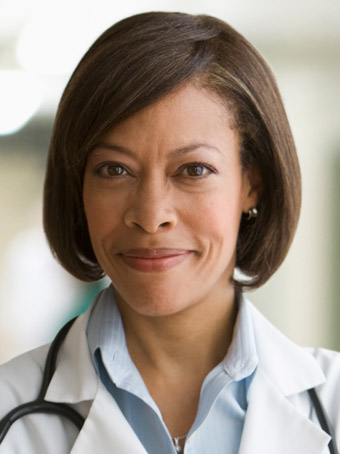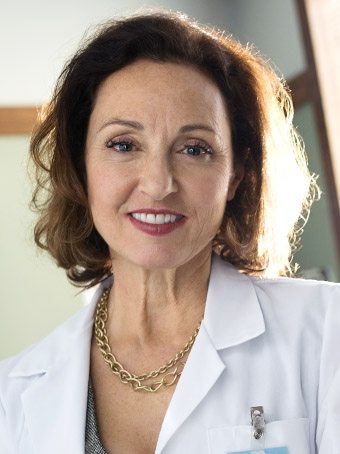Chemotherapy
Chemotherapy is medication to treat cancer. Cancer cells rapidly divide and multiply even when your body signals them to stop. Chemotherapy works by slowing or stopping these rapidly growing cells. It’s a common treatment option for cancer.
There are numerous chemotherapy medications and combinations. There are two general types of chemotherapy:
- Regional chemotherapy only affects a specific area of your body instead of your whole body. Oncologists use it to target a tumor or tumors contained in just one area. It can also help decrease side effects.
- Systemic chemotherapy affects your entire body or system. Oncologists use it to target cancer cells that may be spread throughout different areas of your body.
- The goal of chemotherapy varies depending on the type of cancer and its stage. Chemotherapy may cure some cancers, especially in early stages. Cure means your doctor can’t detect any cancer cells or their markers. Chemotherapy can also help control symptoms and cancers that can’t be cured.
Reasons for a Prescribing Chemotherapy
Chemotherapy treats many types of cancer. Your doctor may use chemotherapy as:
- Adjuvant chemotherapy — to destroy cancer cells that may be left after surgery or radiation therapy
- Concomitant chemotherapy — together with surgery or radiation therapy to help them work better
- Neo-adjuvant chemotherapy — to help shrink tumors before surgery or radiation therapy
- Relief of symptoms, such as pain or bleeding, from tumors or cancer cells
- Treatment for recurrent or metastatic cancers
Risks and Complications
Side effects are likely with chemotherapy because of the way it works — by slowing or stopping rapidly multiplying cells. Your body has some cells that normally multiply quickly. This means chemotherapy can affect normal cells too, causing side effects. Normal cells that tend to turnover quickly include cells of the hair follicles and linings of the mouth, nose, and digestive tract.
In general, fatigue is the most common side effect of chemotherapy. But some chemotherapy medications carry more risks than others. Ask your doctor about the specific risks and complications of your chemotherapy.
What to Expect
You can receive chemotherapy through a variety of methods or devices. Typically, doctors give chemotherapy in an outpatient clinic or hospital setting. Some chemotherapy regimens may require an overnight hospital admission. You can take other types of chemotherapy, such as tablets and lotions, at home.
For outpatient chemotherapy treatments, you can go home after the treatment. It may take a few days to a week to get back on your feet after each treatment.
